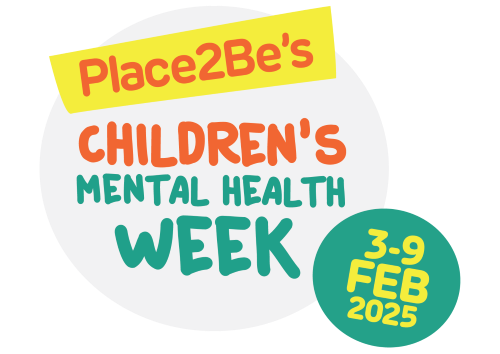How we connect: young people open up on the impact of connections on their mental health
In exclusive interviews with Place2Be Ambassador, podcaster and journalist Josh Smith, young people have opened up on the impact of Covid and social media on their mental health.

Students from two London secondary schools sat down with Josh Smith to discuss the different ways that they connect and the impact of these connections – and disconnections – on their mental health.
From the impact of Covid and social media on their connections to making schools more inclusive and coping with disconnection, young people share their thoughts in this How we connect video series.
Aimed at 11 to 18-year-olds, these videos can be used in class, or at home, as conversation starters.
"People became very introverted and very hidden away”
The pandemic had a mixed impact on students and how they connected with others. One student reflected “People became very introverted and very hidden away... We couldn’t survive with just our family and older people... We need people our own age to latch off of and learn from.”
Though others found benefits from their time at home, “I slowly found myself by being by myself, and when I came back [to school], I was able to know how to treat people in a way that made me feel comfortable and also made them feel comfortable at the same time.”
“The joy and happiness that we do get from social media is artificial”
Social media was a hot topic, with students agreeing there were both good and bad sides to online connectivity. “Although there are a lot of positives to it, I think the negatives greatly outweigh them, and the joy and happiness that we get from social media is artificial because when that gets taken away, it just makes us feel sad. So, it’s more like a filler for the sadness instead of actual happiness.”
They also discussed the need for greater regulation on social media, saying social media companies need to do more to filter content and protect users. “Because social media is unfiltered – as in people can say what they want – they might suffer the consequences, but there are no procedures to stop them posting certain things... It happens over and over, and people still get hurt by it anyway”.
“You want to feel represented where you are”
When asked about how schools can be made more inclusive, students discussed the importance of representation in helping them feel connected. “You want to feel represented where you are, and if that’s not the case, it feels like ‘I'm just here because I'm here and not because I'm part of a community’.”
They also reflected that whilst progress had been made, there was still more to do to make schools –and society – more inclusive. “As much as we’re becoming more accepting now, there are still many people that are – not even rude – but just ignorant.”
A huge thank you to all of the students who took part in these conversations.
